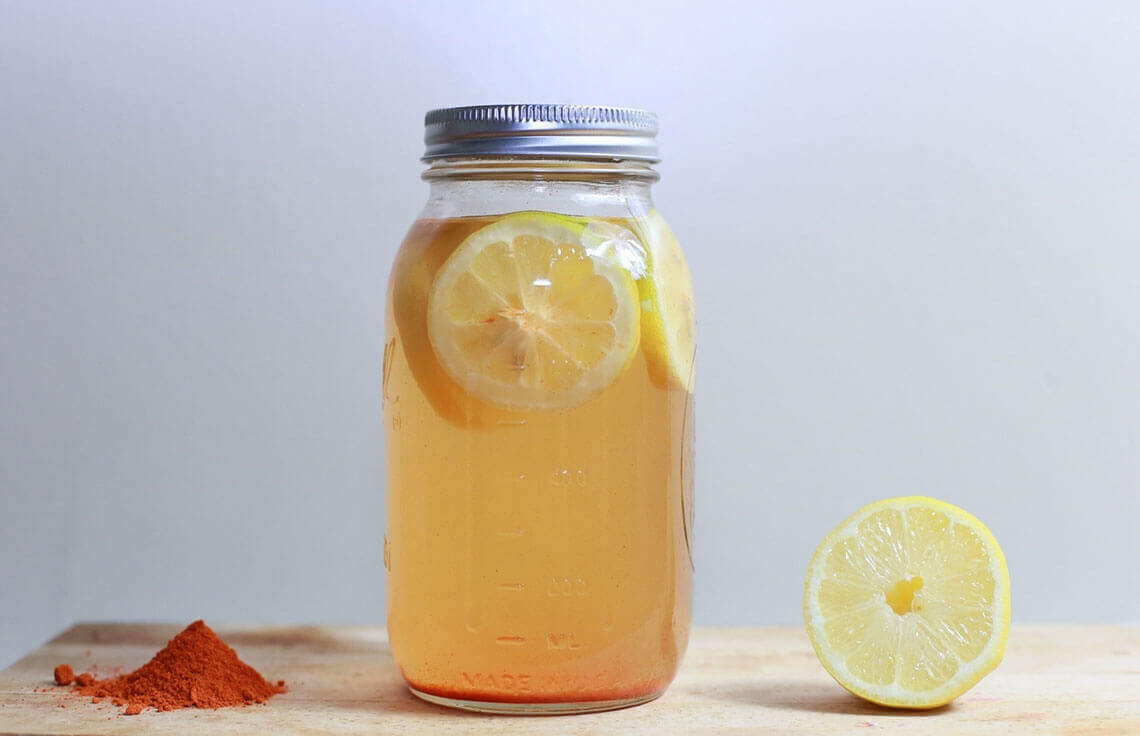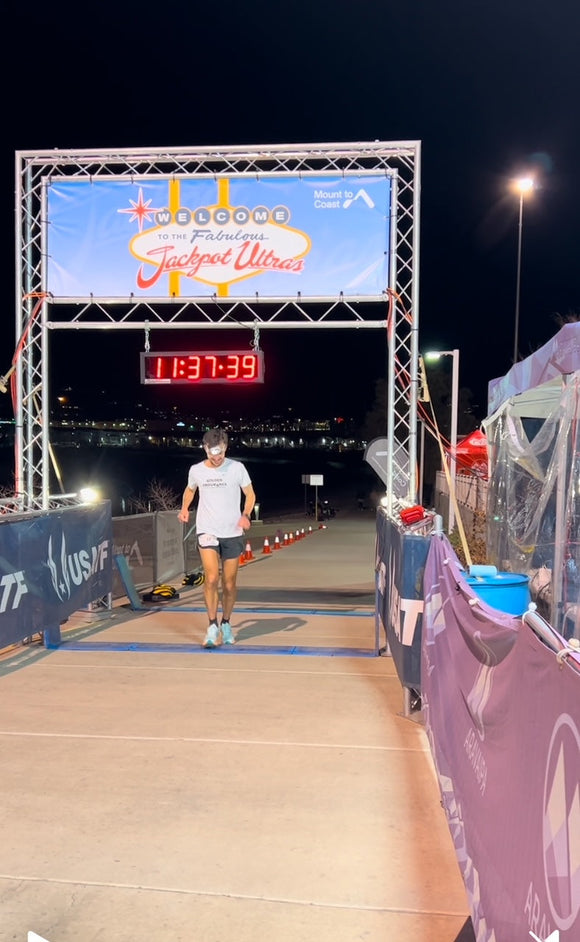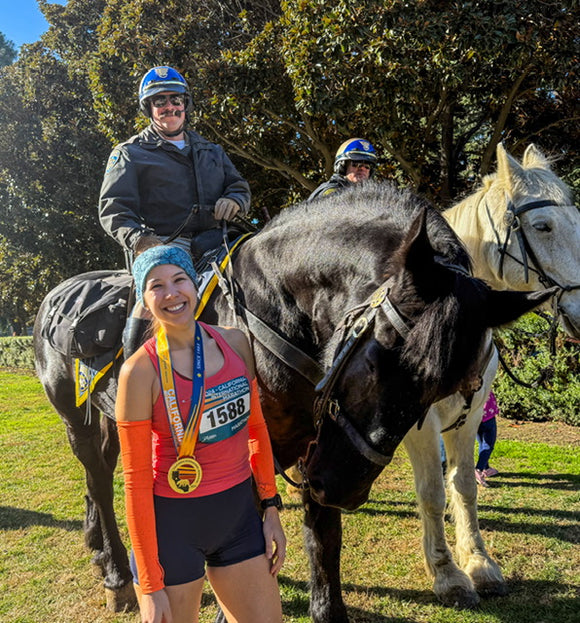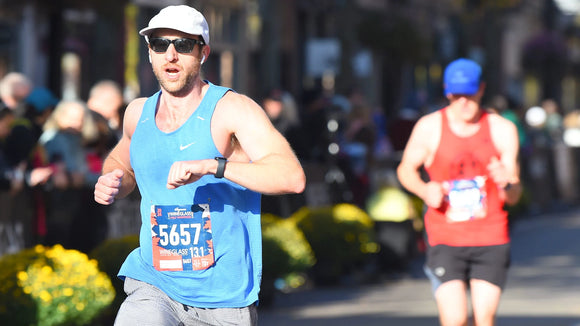By Lindsey Bauer
I was coming back from my third ACL surgery when I had to pull out of the KMC Cross race. At the start line, I had my usual race jitters, but I was focused on my goal. I had been training for weeks; my fitness levels were good; I’d pre-ridden the course and knew that it suited me, with loads of cornering, not a lot of hill climbs, a few sprint sections…a pure power course. This was going to be my day and I was going to get the results I’d been working towards.
Bang! The gun went off and we were sprinting for our places. When we hit the first sharp corner where everyone bottle-necked and dismounted, I knew exactly what line to take. I managed to ride around everyone and got to the top 10 girls. I thought to myself, “Holy smokes! This is it! I’ve never been this far ahead! I might have a shot at a UCI point!” At the first set of barriers, filled with excitement, I dismounted the bike, started running, and prepared to jump.
As soon as my operated-on right leg hit the ground my entire knee buckled. I tried to keep going but with every pedal stroke and every step, my knee just didn’t feel right. I knew something was severely wrong, so I immediately pulled out. I was filled with defeat, sadness, and anger. I had spent all season trying to achieve this goal, and it was shattered. I got an MRI, saw my surgeon, and was given the horrible news that my graft had failed and that I needed another surgery.
Weeks passed, and I was in a pretty low spot. Luckily, I was able to pick myself up and push through it thanks to family, friends, and my dog. Thankfully my surgeon encouraged me to ride my bike until I had surgery again, which really helped as rehab and a stress reliever. Racing bikes has been one of my main focuses for the last eight or nine years, and always will be. But having ACL surgery for the 4th time led me to focus on improvement. I told myself that I wanted to quit racing after hearing I needed surgery again. But quitting is not the answer. Perhaps taking a break, sure. But I think the real answer is to get healthy, physically and mentally. This time I asked myself—what have I changed about myself over these last few years? What have I learned from each surgery? How can I make it better?
One thing racing has taught me is a proper diet. Before racing bikes, I ate whatever I wanted. I was overeating, undereating, eating out a lot, not eating enough vegetables, and just eating crap in general. Though I never gained much weight, I learned quickly that these dietary habits were not cutting it for racing. I began getting sick, feeling constantly tired, was not performing, and didn’t recover. I just felt like a slug. I started getting advice from friends and researching.
I started cooking more and experimented with what I would put in my meals. I read that turmeric had amazing anti-inflammatory properties so I started to add it to baked chicken. I started drinking green tea with ginger, eating more avocados, and adding as many fresh fruits and vegetables as I could to my diet. I started logging and weighing out my food so I could visualize proportions and count calories properly. I tweaked what I ate on rides and started drinking Osmo for proper hydration. I also focused on recovery shakes, where I added supplements like amino acids, protein powder, and veggies. With these changes, I started noticing I had less swelling and pain in my knee, with less soreness and muscle fatigue in general. After multiple knee surgeries and injuries this was huge. This also had a great effect on my training, where I felt could put down more power, recover easier, and work became less tiring.
Life isn’t just racing bikes. I realized since I became hyper-focused on racing and riding that I wasn’t doing a lot of other things I really enjoyed. I missed camping trips with friends, I wasn’t hiking as much as I wanted with my dog, and missed hanging with my friends who don’t ride as much. And I was trying to squeeze everything in between shifts in the ER and training. Missing sleep was the worst mistake. Things had to change. So, I kept following my coach’s training, but we started to add cross-training. I took long hikes with my pup, went camping on rest weekends, and backed off from racing when I got overwhelmed, tired or down because of undesirable results. I got my sleep schedule back on track, mixed in my workouts with friends and stayed focused. This all started to pay off. My self-esteem improved, my stress level went down, and I even improved on the bike.
As racers, we face constant struggles of balancing life with training, injuries, pre-race and post-race stress—the list goes on. Racing at an elite level take patience, sacrifice, dedication, and, let’s be honest, sometimes being selfish, but it’s important to remember to take care of yourself and find balance in the end. Learn from mistakes and take advantage of every situation even if it starts off unfavorably. Like the good old saying goes, “when life gives you lemons, make lemonade,” and that is exactly what I’m going to do this time around.



